Nội Dung Chính
(Page 35)
III. READING
Going green with plastics
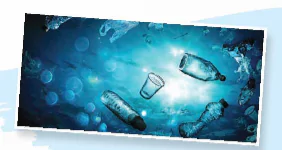
1. Work in pairs to solve the quiz.
1. It takes about _____ years for one plastic bottle to decompose in the ground.
A. 4.5 B. 45 C. 450
2. Around _____ plastic bottles are thrown away every year.
A. 13 thousand B. 13 million C. 13 billion
3. Plastic bags and other plastic waste kill around _____ sea animals every year.
A. 100 million B. 10 million C. 1 million
4. Nearly _____ of plastic ever made still exists today.
A. 100% B. 50% C. 10%
(Page 36)
2. Read some extracts from the emails sent to the Teen magazine. Match the highlighted words and phrases (1-4) with the pictures (a-d).
GO GREEN WITH PLASTICS!
Plastic has become very common in our daily life; however, most plastic items take up to 1,000 years to decompose in landfills. Can we enjoy the convenience of plastics and a greener world at the same time? Our readers have sent us many emails with useful tips this week.
...I try to use fewer plastic bags when shopping. The supermarket near my house even provides cardboard boxes, so I can pack my groceries and get rid of plastic packaging! When I must use plastic bags, I try to reuse them again and again instead of throwing them away after a single use....
Hai, 18
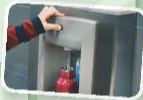
... I know how convenient it is to buy a bottle of water from a vending machine or a supermarket; however, I always bring my reusable water bottle. All I have to remember is to fill my bottle before going to school, and then use the water filling stations or drinking fountains at school....
Phuong, 16
... I always reuse plastic takeaway containers. I use them to store portions of cooked food and keep leftovers in the fridge, which is also better for the environment....
Hoang, 15
...I have learnt that most plastic containers have numbers at the bottom to show the type of plastic they're made of. So when you recycle a bottle, for instance, remove the cap because a bottle often has number 1 on it while the cap often has number 5. Numbers 1 and 2 are the most widely accepted plastics for recycling...
Ha, 16
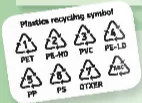
...When I started recycling, I made the mistake of putting some plastic takeaway containers with some leftover food into the recycling bin. The next day, the whole bin was contaminated, so all the recyclables were taken to the landfill instead. So now I always rinse out containers before recycling them....
Binh, 17
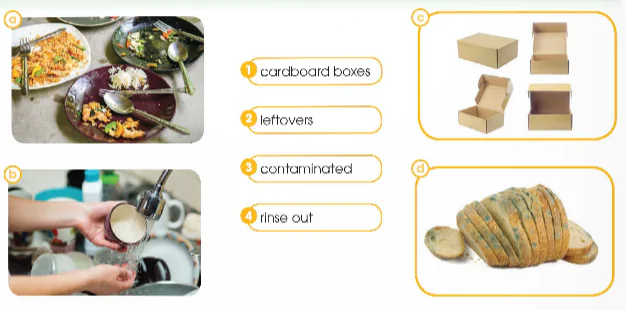
1. cardboard boxes
2. leftovers
3. contaminated
4. rinse out
(Page 37)
3. Read the email extracts again. Complete the summary notes with information from the text. Use no more than TWO words for each gap.
| Single-use plastics | Tips |
| reduced | • use (1) _____ instead of plastic packaging • bring a (2) _____ water bottle |
| reuse | • reuse (3) _____ many time • reuse single-use plastic containers |
| recycled | • avoid plastics with (4) _____ that are hard to recycle • (5) _____ containers before recycling |
4. Read the email extracts again. Match the following information with the right names.
| 1. This person has learnt from a past mistake how to recycle things properly. | a. Hai |
| 2. This person's green lifestyle is supported by a local business. | b. Phuong |
| 3. This person has learnt the recycling symbols to help the recycling process. | c. Hoang |
| 4. This person's green habit depends on local drinking water facilities. | d. Ha |
| 5. This person tries to reuse plastic takeaway containers. | e. Binh |
5. Work in pairs. Discuss the following questions.
Which of the green habits in 2 have also become your habits? Which one would you like to develop in the future?
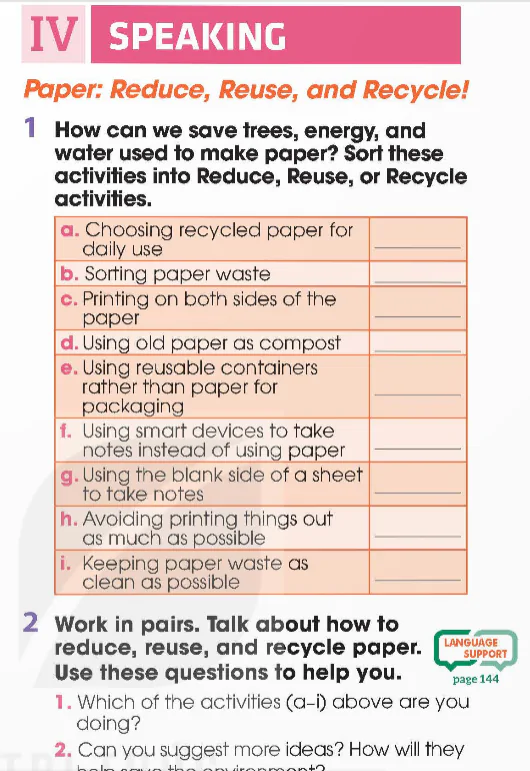
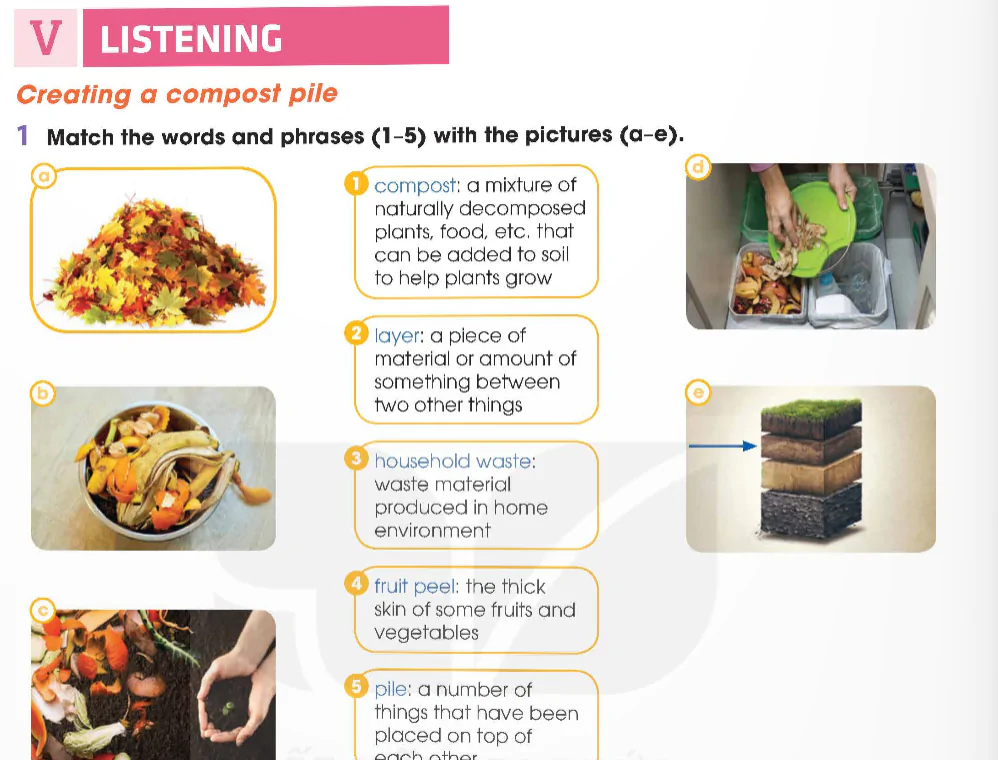
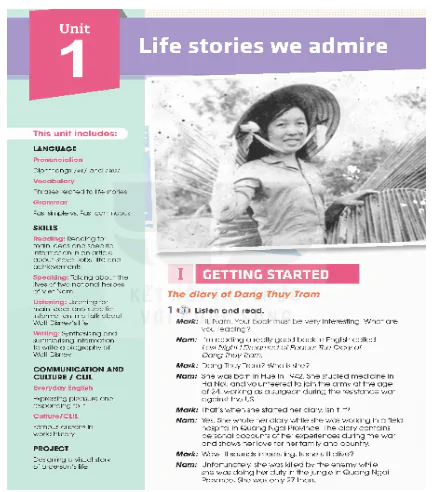
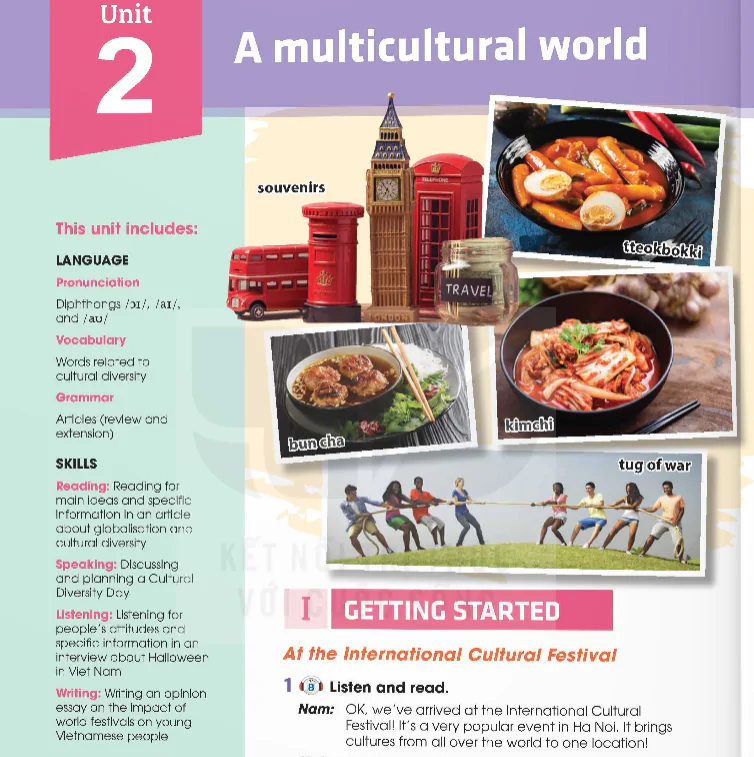
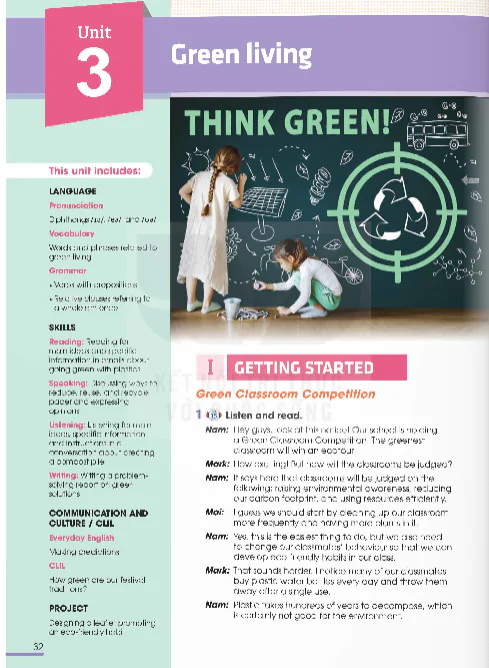
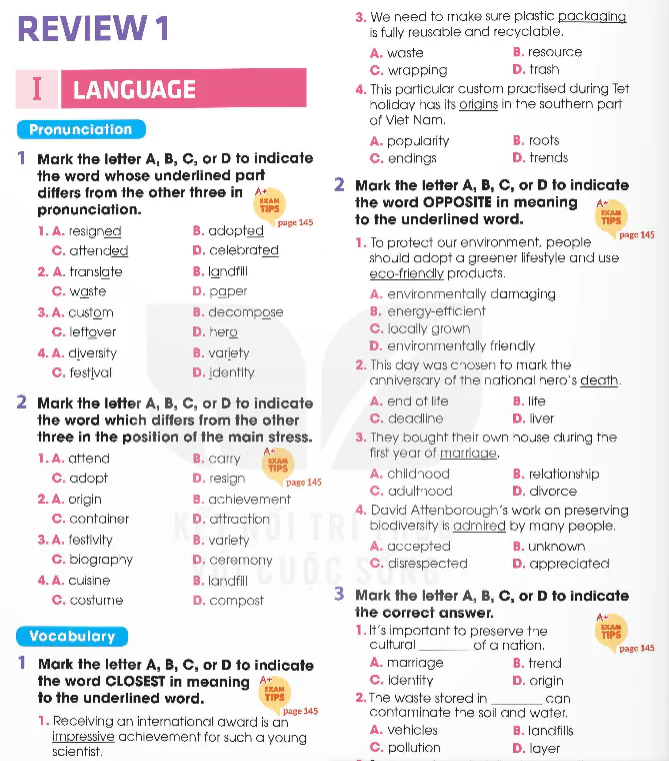
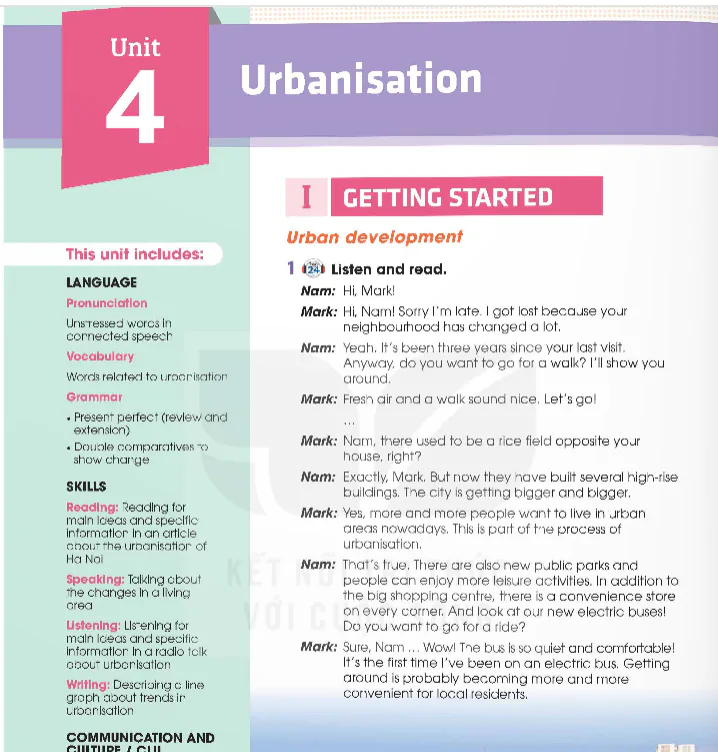
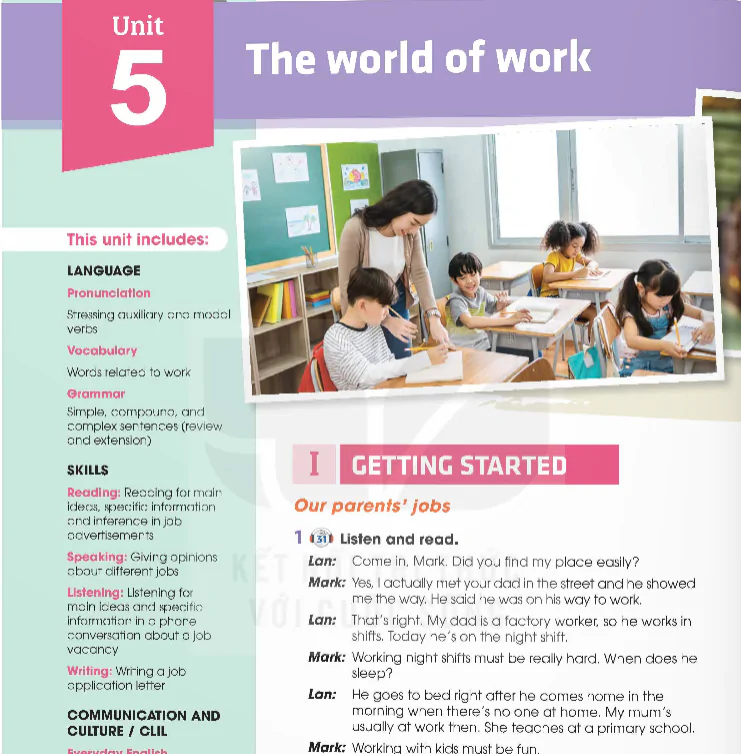
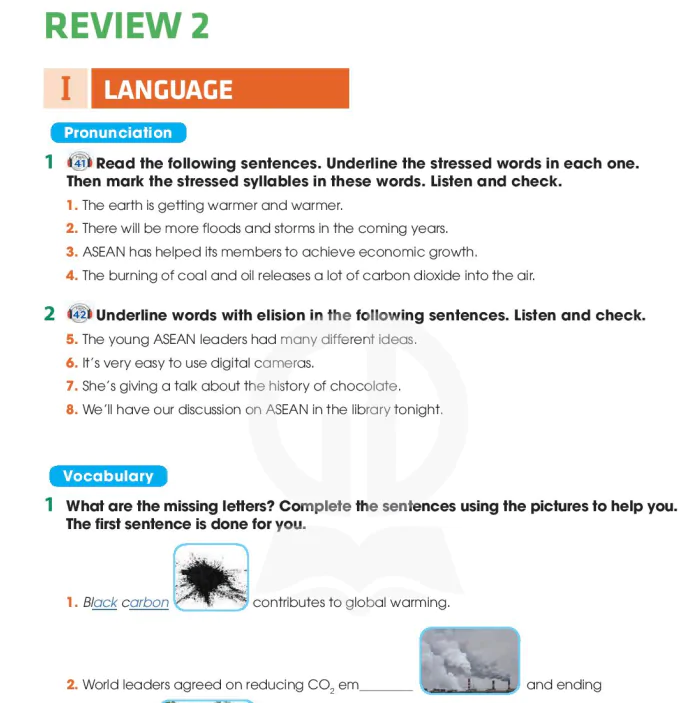
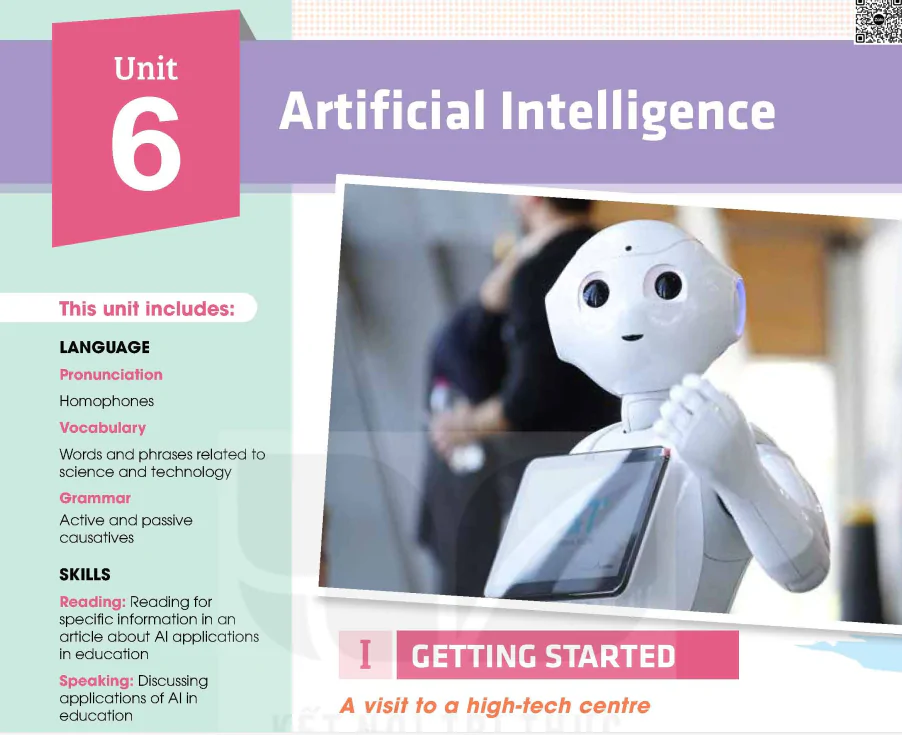
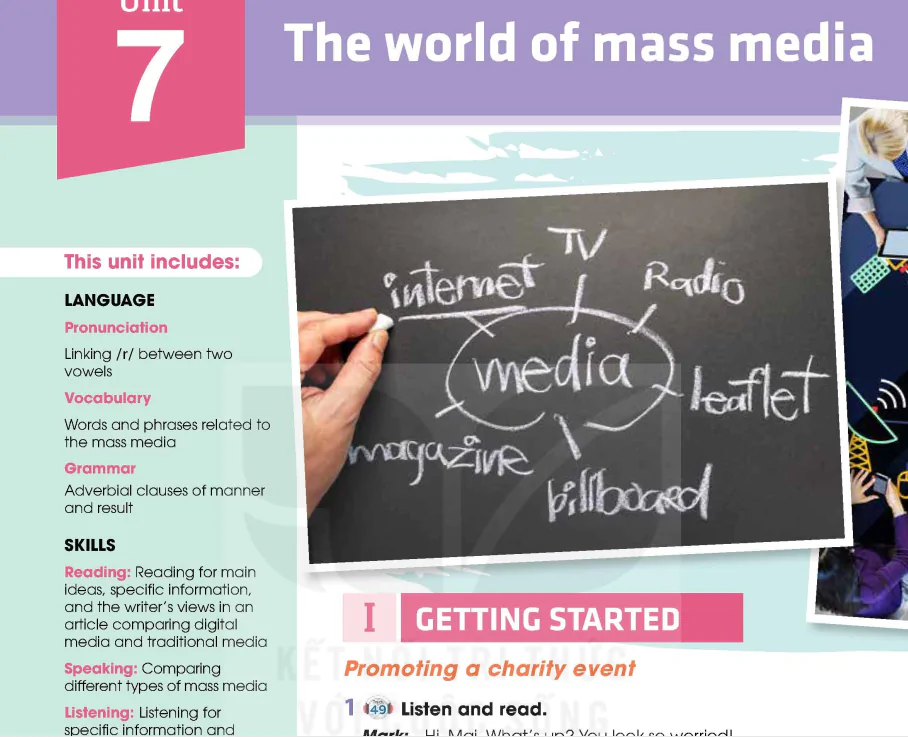
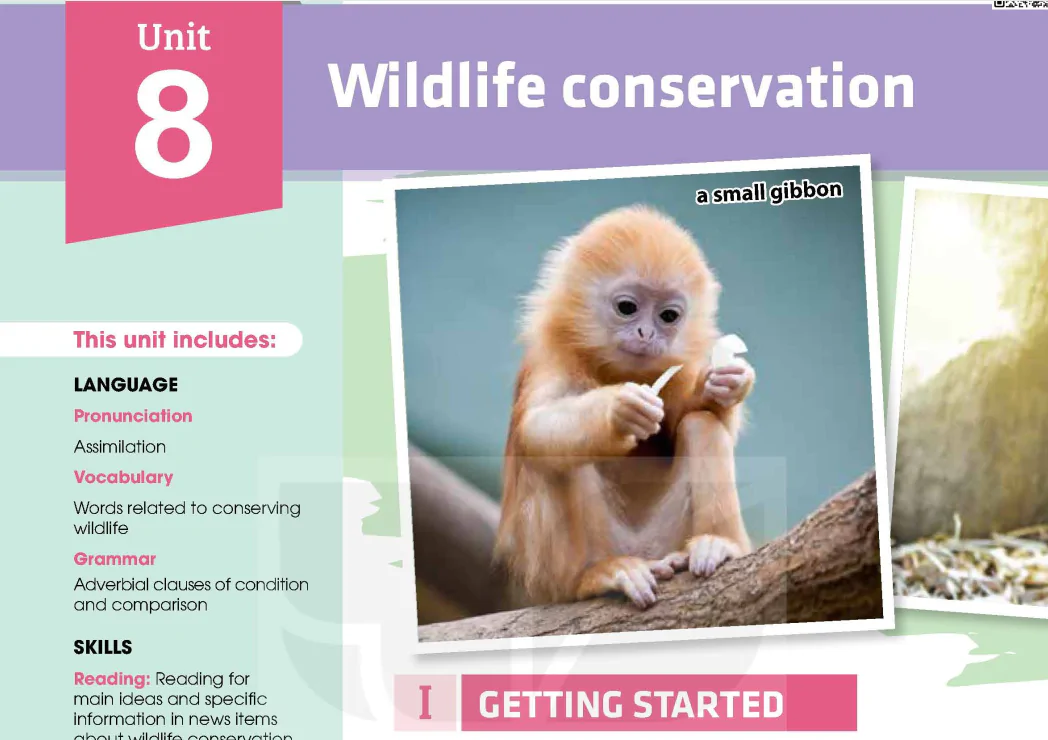
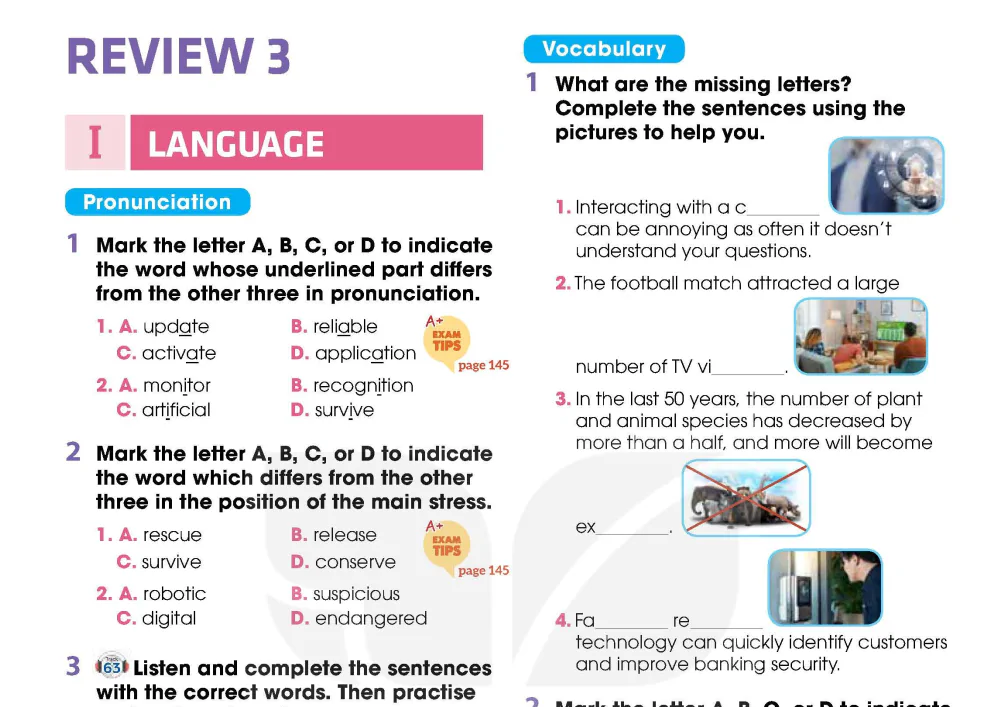
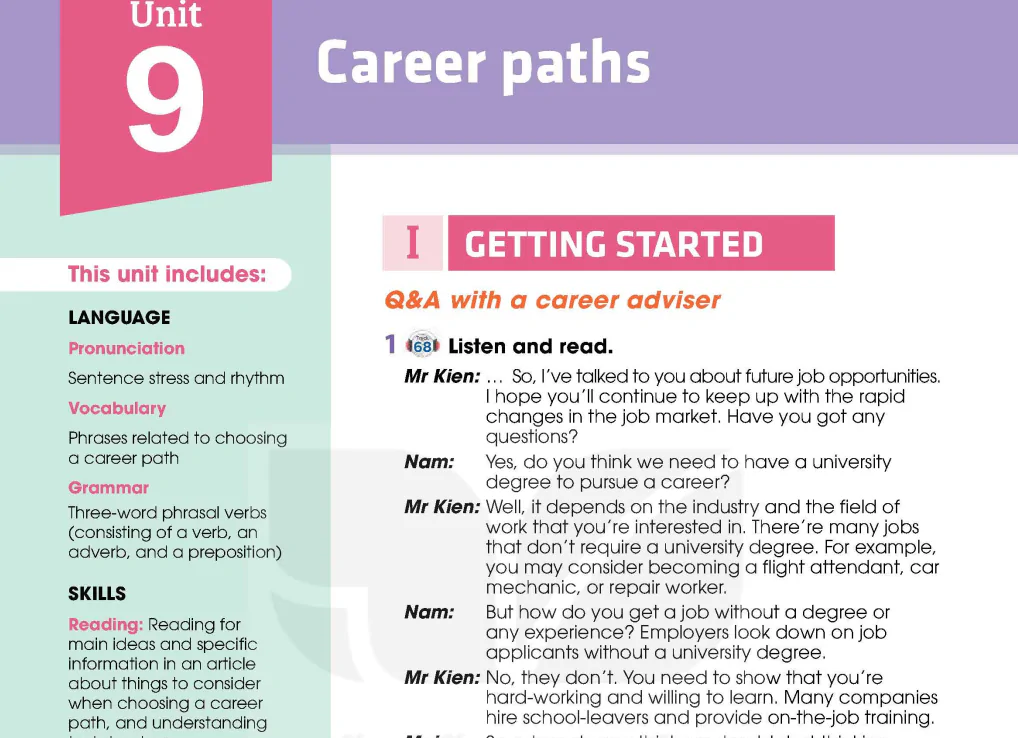
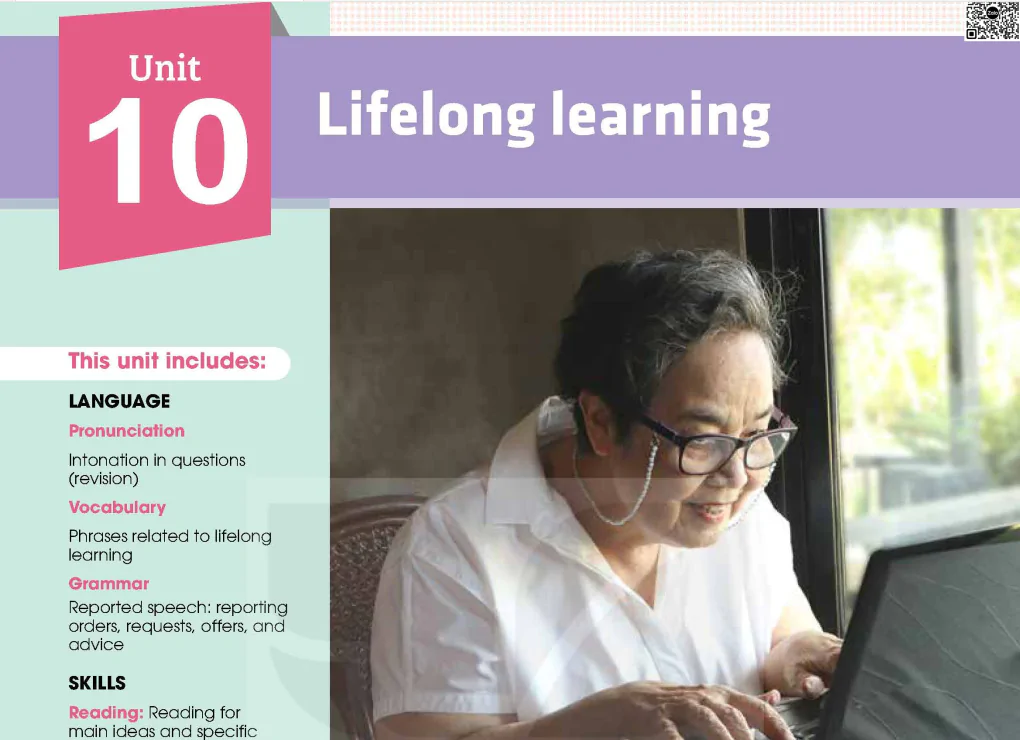
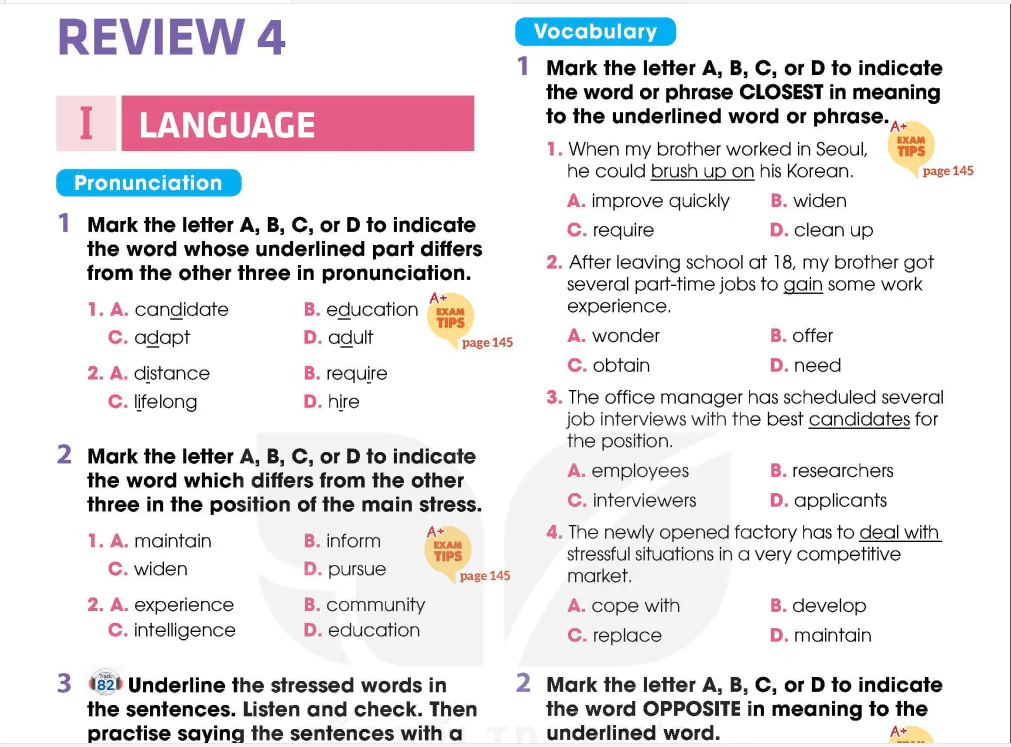
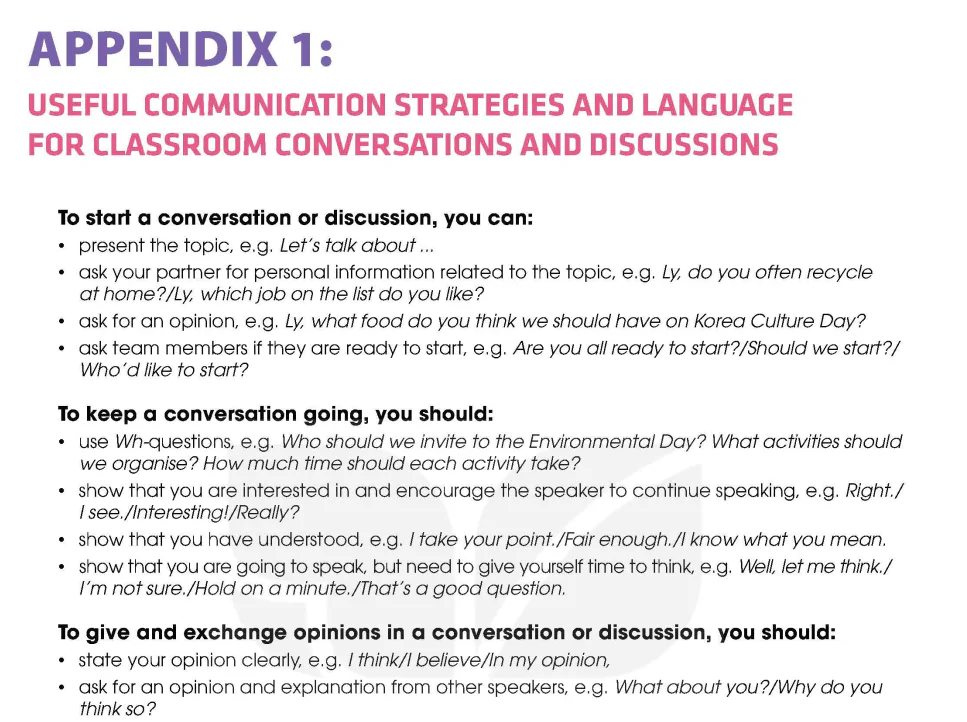
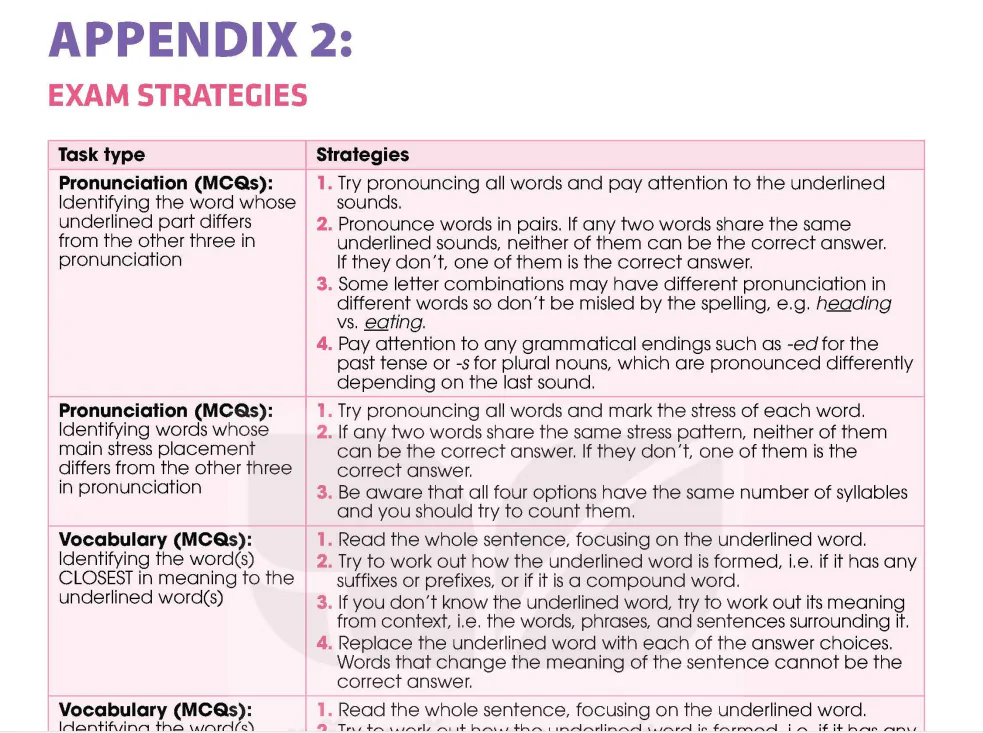
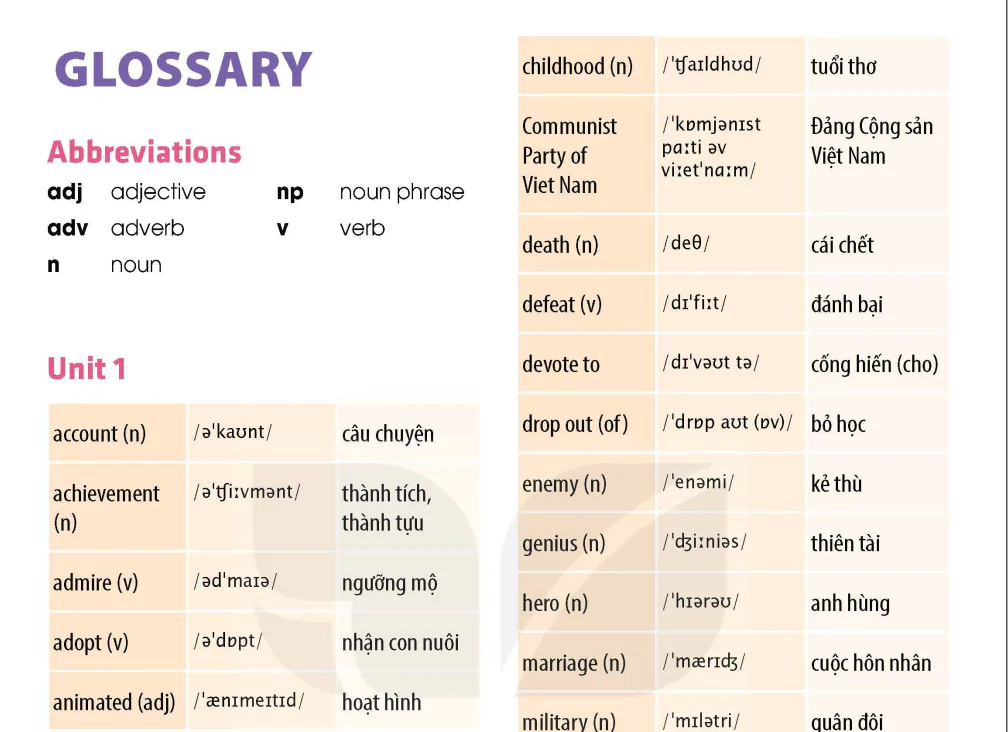


















Bình Luận
Để Lại Bình Luận Của Bạn